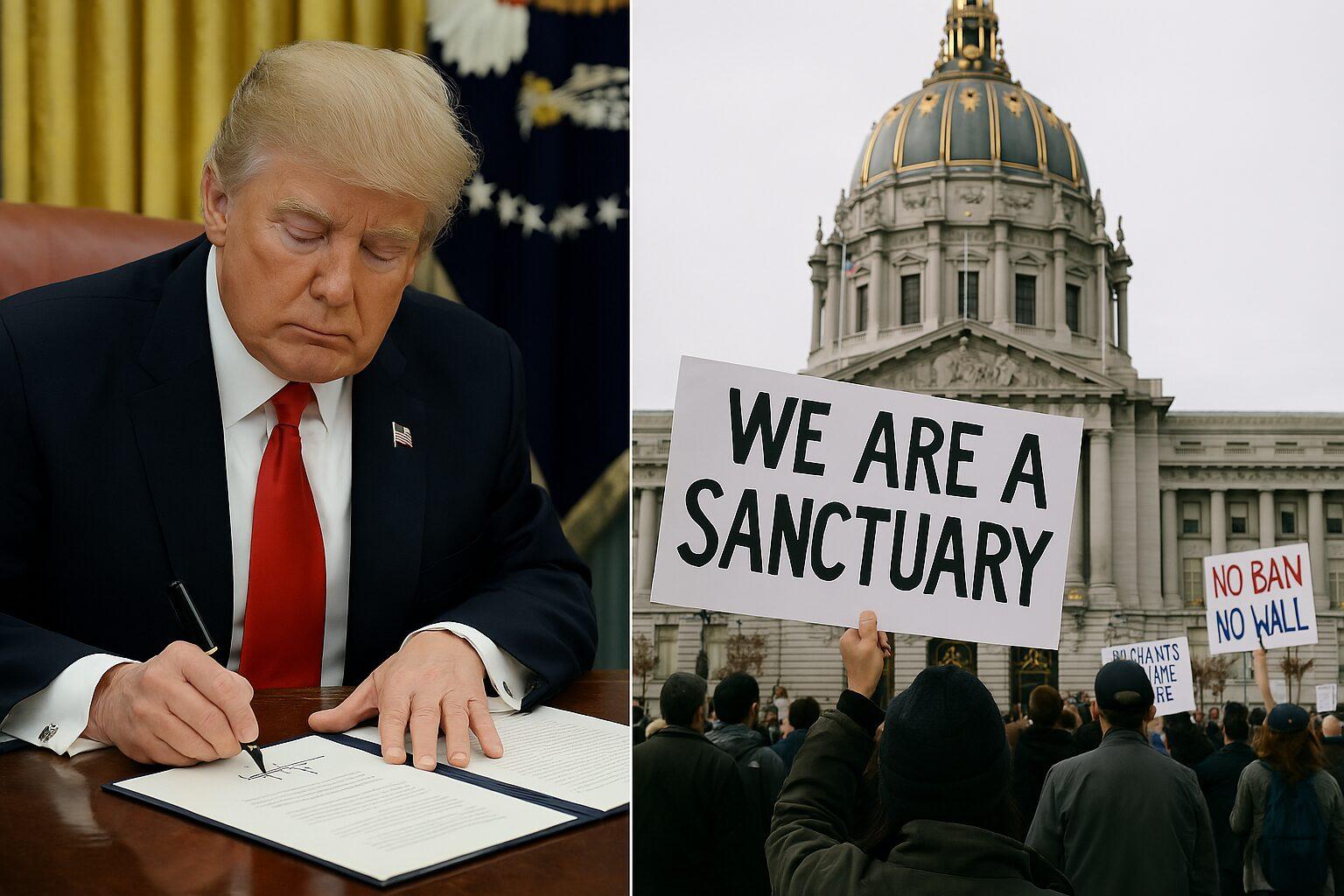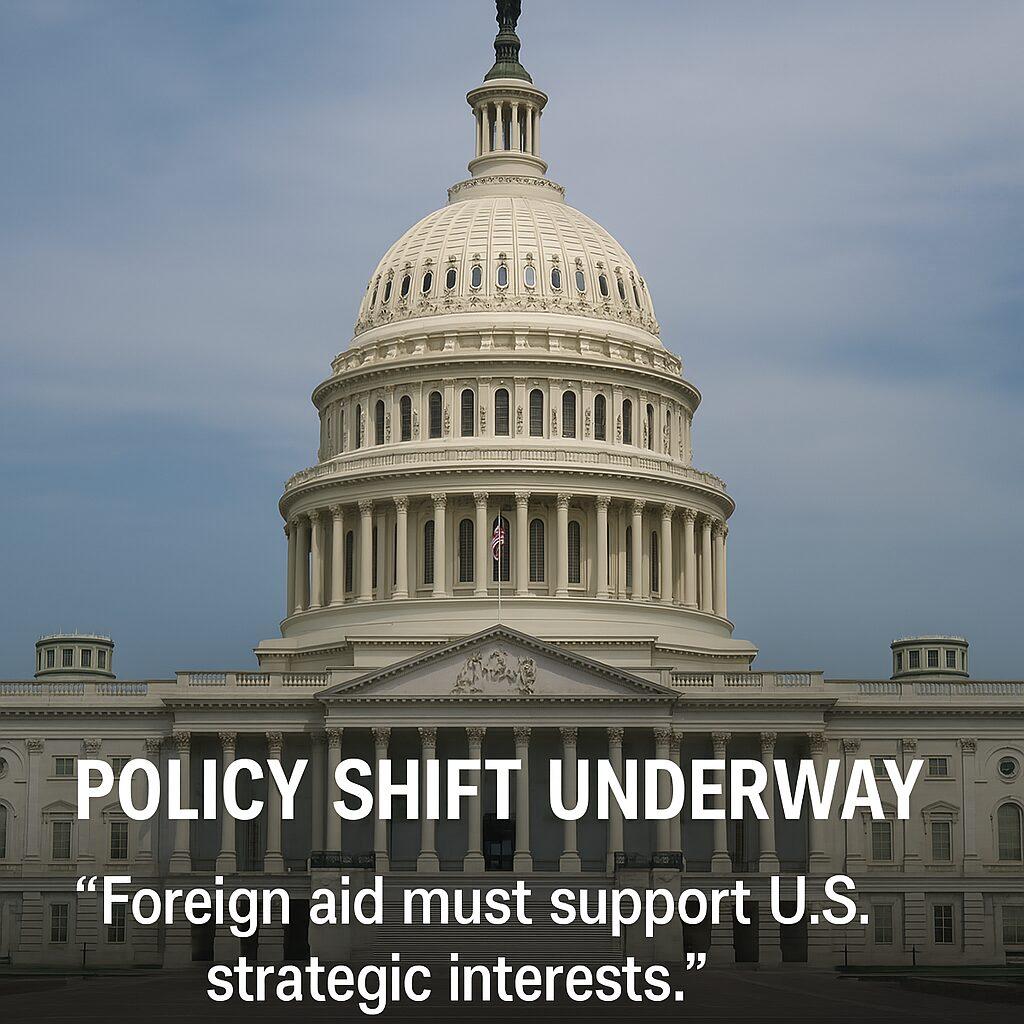
CHINA’S repeated provocative actions in the South China Sea (SCS or West Philippine Sea) inhibit Association of Southeast Asian Nations member states, including the Philippines, from accessing over $2.5 trillion in energy reserves and have contributed to instability in the region.
United States Assistant Secretary of State for East Asian and Pacific Affairs David Stilwell stressed this on October 16 before the Senate Foreign Relations Committee.
“We remain skeptical of the PRC’s (People’s Republic of China) sincerity to negotiate a meaningful Code of Conduct [in the South China Sea] that reinforces international law,” Stilwell said.
He finds China’s maritime claims in the SCS, underscored by its self-imposed “nine-dash line,” unlawful, unreasonable and have no basis whatsoever.
The islets and atolls in the SCS are said to have rich aquatic resources and mineral and gas deposits that remain untapped and are disputed by China, the Philippines, Brunei, Malaysia, Taiwan and Vietnam.
China’s actions, such as patrolling the SCS, putting up structures and bullying its neighbors, pose a threat “to all trading nations and all who value freedom of the seas and the peaceful settlement of disputes,” Stilwell said.
“While claiming that they are committed to peaceful diplomacy, the reality is that Chinese leaders — through the PLA (People’s Liberation Army) navy, law enforcement agencies, and maritime militia — continue to intimidate and bully other countries,” he said.
As emphasized in the Asia Reassurance Initiative Act of 2018, it is the policy of the United States to ensure freedom of navigation, overflight and other lawful uses of the sea.
Stilwell said the U.S. works closely with its allies in the Indo-Pacific region through joint maritime training and operations to maintain free and open access of the seas.
“Along with the daily operations of U.S. ships and aircraft throughout the region, we conducted more Freedom of Navigation Operations in the South China Sea in 2019 than in any of the past 25 years, to demonstrate that the United States will continue to fly, sail, and operate wherever international law allows,” Stilwell added.







